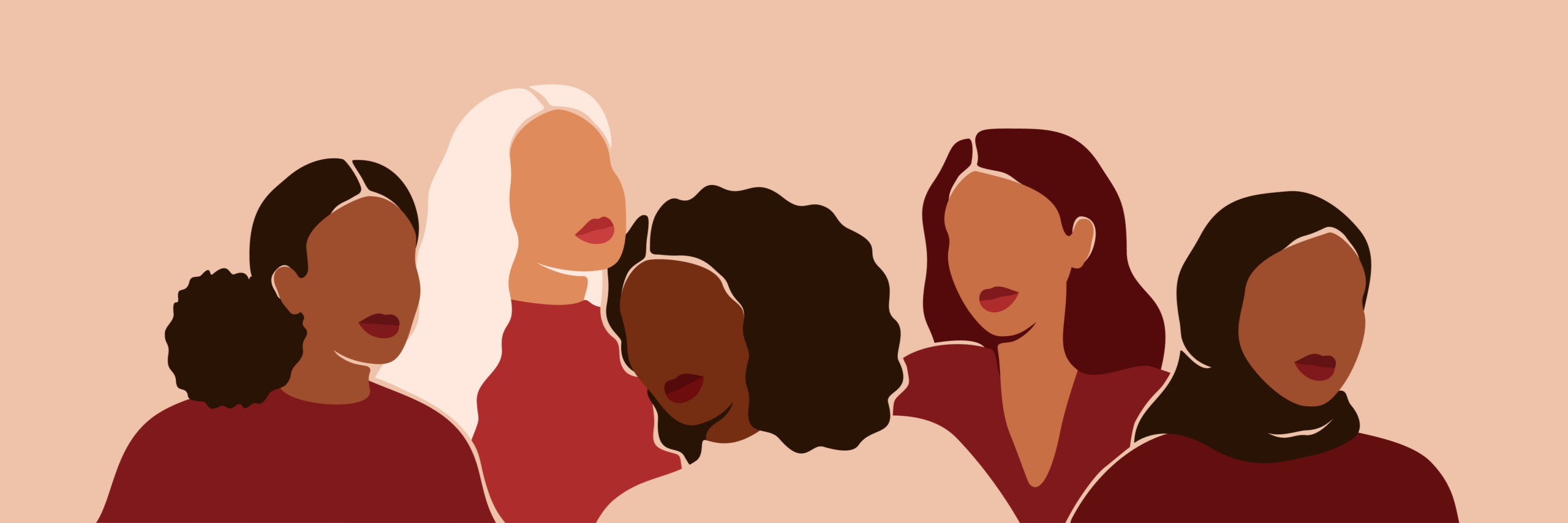Time for action on race equality in women’s health

In December, the Department for Health and Social Care (DHSC) published its Vision for the Women’s Health Strategy. Tracey Bignall, Senior Policy and Practice Officer with the Race Equality Foundation outlines how ethnicity influences women’s health experiences.
Ethnicity has a huge influence on women’s health experiences and outcomes. For instance, we know Pakistani, Bangladeshi and Irish Traveller women report higher rates of limiting long-term illness than white women.
The Department for Health and Social Care (DHSC) published its Vision for the Women’s Health Strategy on 23 December 2021. The Vision outlines the government’s aims for improving women’s health outcomes, informed by a Call for Evidence which received 100,000 responses from women across England.
The Vision lays the foundation for the Women’s Health Strategy and includes sections on listening to women, healthcare policies, information and education, health in the workplace and research, evidence and data on women’s health.
The Race Equality Foundation actively encouraged Black, Asian and minority ethnic women to take part in the Call for Evidence survey. We also engaged with Somali and Black and minority ethnic older women, who may have been unrepresented in the online consulation exercise.
Our organisation is interested in how the vision will enable the strategy to address health inequalities. The Vision pays very little attention to the important influence that ethnicity has on women’s health experiences and outcomes.
Addressing health disparities
A key priority stated in the Vision is “to better understand and tackle disparities in experience and outcomes throughout women’s lives”. The document acknowledges inequalities or ‘disparities’ between different groups but fails to give specific accounts.
One key example of such inequality is that Black Caribbean and South Asian people are at a higher risk for vascular dementia because of higher risk factors for cardiovascular disease, hypertension, and diabetes. Black and minority ethnic women also report experiences of racism, discrimination, misunderstanding, lack of empathy and poor communication from healthcare practitioners.
The Vision does acknowledges some other aspects of women’s health inequalities, particularly in pregnancy and mental health. High maternal mortality rates, poor pregnancy and maternity experiences have been more publicly raised with evidence from MBRRACE, and the higher numbers of Black pregnant women hospitalised with Covid during 2020. The vision specifies action “to improve outcomes for mothers and babies, including a strong focus on reducing maternal and neonatal disparities”.
Some action towards this is already noted in the NHS Long Term Plan and NHS England’s Improving equity and equality in maternity and neonatal care workstream. With regards to mental health, the Vision does aim to take account of the “differential experiences of women if we [DHSC] are to successfully reduce disparities in mental health outcomes”, and further action will address how factors such as ethnicity can impact mental health experiences and outcomes. However, given the inequalities that Black and minority ethnic women already face in these areas, specific action to reduce these inequalities should have also been mentioned in the Vision.
Speaking out and being listened to
The Vision emphasises the importance of women being able to speak and be listened to by healthcare practitioners. For Black and minority ethnic women, experiences of prejudicial attitudes and racism from practitioners affects them speaking out and being listened to.
Poor communication and lack of understanding were issues identified by the older women the Race Equality Foundation spoke to. Communication was affected by language barriers, and a lack of interpretation support left some women with a poor service. In our Somali focus group, we were told women sometimes found it difficult to articulate themselves. One woman commented that “because of lack of translation or miscommunication that leads them to, you know, just give up from raising their concerns with the GP”.
Digital exclusion
Access to information is also crucial to helping women make informed decisions about their health and to understand evidence on women’s health. The aim is for NHS Digital to ‘ensure digital information is accessible and meets the health needs of women’. One could infer that such action is based on a ‘one size fits all’ approach.
Digital exclusion affects the inequalities some women face, particularly those from poorer socio-economic backgrounds. Both the older women and Somali women the Race Equality Foundation spoke to had limited access to the internet, compounded by language barriers which impacted their access to health information. To improve this, the older Black and minority ethnic women wanted written information in accessible formats. The Race Equality Foundation hopes the Women’s Health Strategy focus on ensuring information is accessible to all women, regardless of digital capability and literacy.
Improving knowledge
The Race Equality Foundation welcomes the need for healthcare practitioners to have better training on women’s health; indeed our focus group with older women suggested the need for more awareness amongst health services on specific health conditions that disproportionately affect Black and ethnic minority communities, and how to treat people affected. But we also believe that health practitioners would benefit from improving their knowledge about the racial inequalities that Black, Asian and minority ethnic women face in their interactions with the healthcare system.
One ambition in the Vision is that “all women, including those with additional risk factors or who face additional barriers in accessing services, have equitable access to and experience of services, and disparities in outcomes are reduced”. During our engagement with Black and minority ethnic women, more than one woman queried whether their voices would be reflected on the final policy, simply saying: “So they consulted us, but they don’t follow what we say?”
DHSC will publish the Women’s Health Strategy for England in Spring 2022. Specific action to address how ethnicity influences health inequalities is necessary to ensure the strategy better serves Black and minority ethnic women. It is vital that this incorporates the voices of those who are impacted by health inequalities to reflect their needs in future policy.
